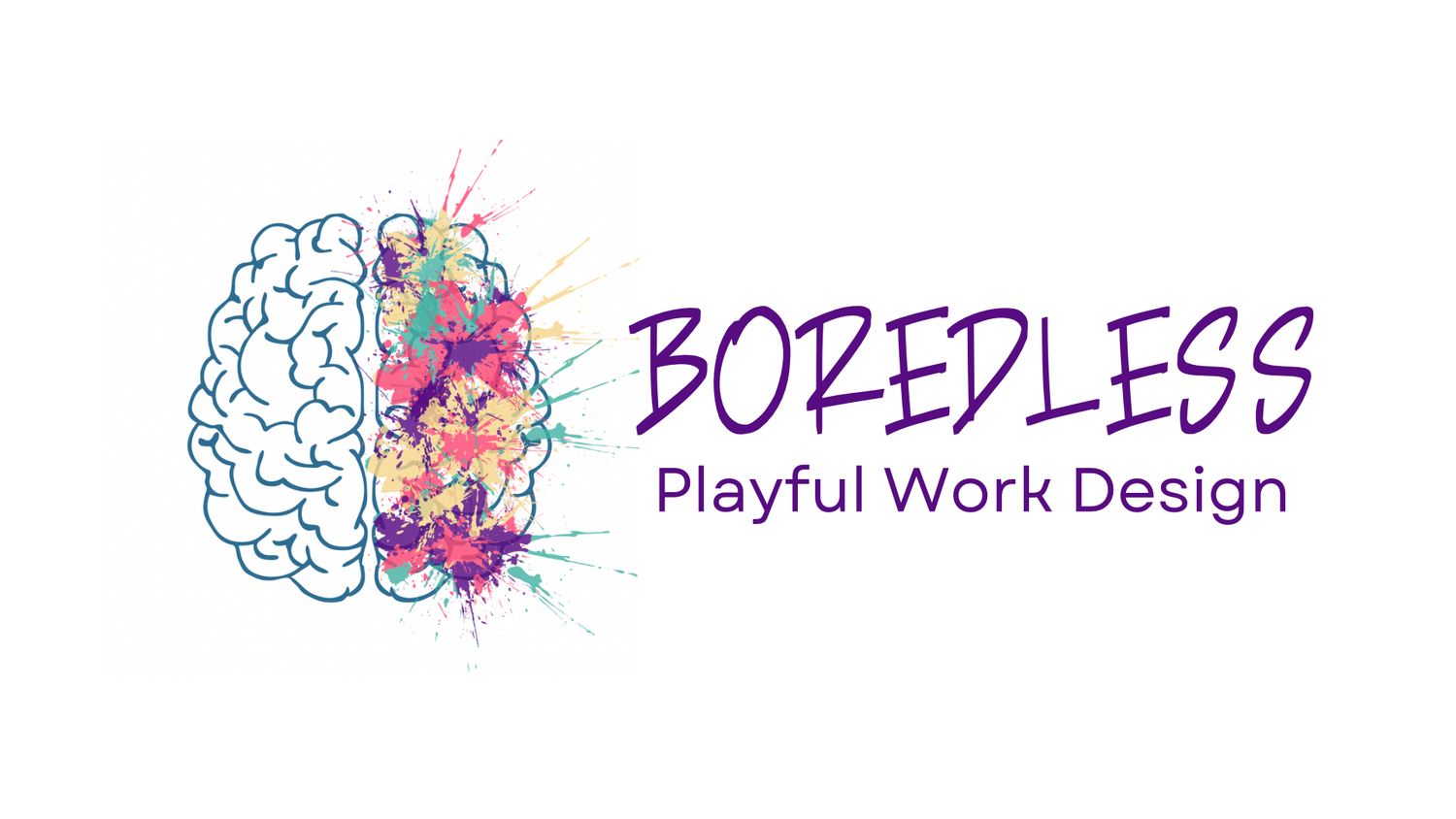What if you “can’t relax” because your body needs play more than it needs rest
In today’s society, it’s common for adults, especially professional women, to be exhausted...and we don’t want to be. Mckinsey’s research estimates that the global wellness market is worth over $1.5 TRILLION dollars. We are spending so much money on our wellness, but we often undervalue a key aspect of wellness … REST.
Before we get started, let’s just be clear that I’m not talking about sleep. Sleep is a vital aspect of surviving as a human (as is hydration, nutrition, moderating body temperature, and play) - We should all try to get 7-9 hours a night (so sayeth all the science). But most modern adults don’t get that much and if they are in bed that many hours, it’s not actually good restorative sleep. So we (should) try to supplement with rest and relaxation. However, we constantly read about how the modern adult struggles to “slow down and relax” (present company included).
Does this scenario sound familiar? You’ve scheduled a day off for months and worked hard to get everything done so you can take the whole day off. You arranged for family responsibilities to be covered by someone else. You take your blanket and book to the park, maybe you start with a walk. It’s a nice day. You spread out your blanket, sit down, ready to just relax…and your brain launches into high gear. Even though you know your responsibilities are managed, you start to think of 84 other things you should be taking care of. You can’t get your thoughts to slow down. Even with a good meditation practice, your brain is right back to monkey-mind. You pack up, head home, and start cleaning the house instead. Or you start to scroll through your phone and before you know it, it’s been over an hour and you’re still tired.
Yet, don’t you know that one person in your friend group or family who is always doing some cool project, playing a sport, or making music in addition to their full-time job and full-time family? And they never seem exhausted, in fact, it’s usually the opposite? Leaving you wondering how they have all that energy?
What if it’s because we have a general misconception of what it means to rest, especially what is means to rest our brain? The best ways are actually incredibly playful - not “downtime” or “doing nothing”. Trying something new, doing something creative, or even something active are excellent ways to rest and refresh your brain.
Being creative? = play. Doing something new? = play. Being active? = usually play!
When you are playing, and utilizing play as rest, you are essentially dosing your brain with the neurochemicals you need to reduce stress, regulate reactions to stress, experience joy, and contentedness, and boost energy (dopamine, endorphins, norepinephrine, serotonin, anandamide, and more). These neurochemicals are also the ones directly responsible for supporting cognitive function, learning ability, and focus/attention. (You can find a plethora of research and info about the neuroscience behind play and the benefits of play here).
Next time you are looking at your schedule because Frankie recommended you take some “time off” or get some “downtime” or “RELAX”, consider a playful activity! If you need help thinking of a playful activity - check out the list at the end of this blog!
If you are STILL struggling with what to do (not uncommon!), give me a shout, helping people identify their own play is one of my favorite things to do.
This concept has some deep and transformational applications for professional settings as well, just book a free 30 minute call here with me if you’d like to hear more about playful work design, maybe a Personal Play Identity workshop for your team!








